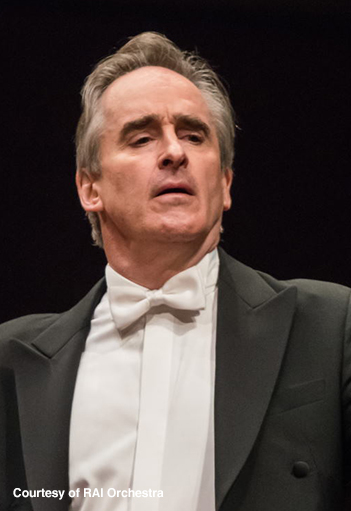
James Conlon, one of today’s most versatile and respected conductors, has cultivated a vast symphonic, operatic and choral repertoire.
Since his 1974 debut with the New York Philharmonic, he has conducted virtually every major American and European symphony orchestra. Through worldwide touring, an extensive discography and filmography, numerous writings, television appearances, and guest speaking engagements, Conlon is one of classical music’s most recognised figures.
Conlon is music director of LA Opera and artistic advisor of the Baltimore Symphony Orchestra. He has served as music director of the Ravinia Festival, summer home of the Chicago Symphony Orchestra, and is music director laureate of the Cincinnati May Festival. He has led mo...
0 item found
1 item found
| Title | |
| VERDI, G.: Ernani [Opera] (Maggio Musicale Fiorentino, 2022) | |

|
VERDI, G.: Ernani [Opera] (Maggio Musicale Fiorentino, 2022)
Composer:
Verdi, Giuseppe
Artists:
Conlon, James -- Dahdah, Joseph -- Fiorentino Maggio Musicale Chorus -- Fiorentino Maggio Musicale Orchestra -- Frontali, Roberto -- Kowaljow, Vitalij -- Meli, Francesco -- Piva, Davide -- Siri, Maria Jose -- Tziouvaras, Xenia
Label/Producer: Dynamic |
